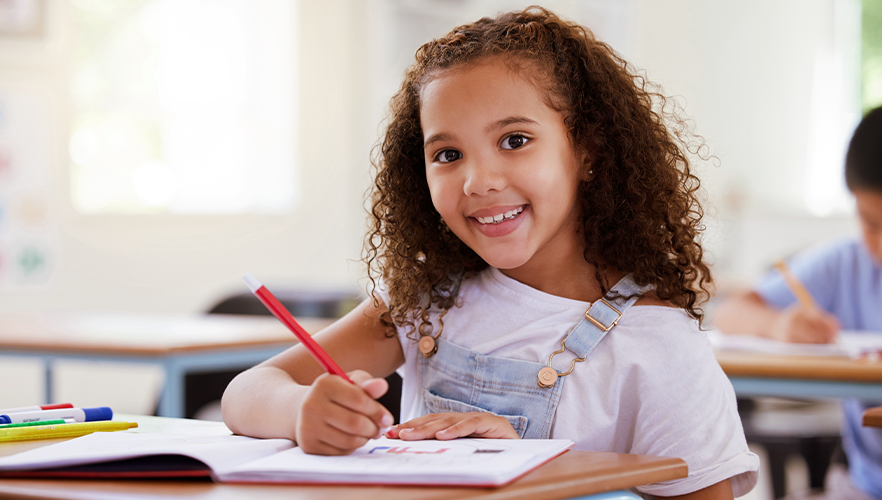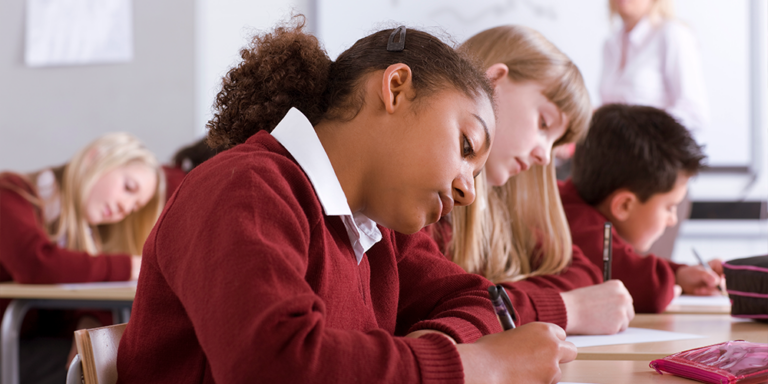Students identified as gifted excel in academics, but their journey is not without challenges. While student’s intellectual abilities shine, it’s crucial to address their social-emotional learning (SEL) needs. Attending to students’ SEL skills fosters academic success, and well-rounded individuals equipped to navigate the complexities of life. Gifted students who struggle with social-emotional learning may experience:
Isolation: Feeling different from peers due to advanced learning can lead to social isolation.
Frustration: When classrooms don’t offer sufficient intellectual stimulation, boredom and frustration can arise.
Perfectionism: The pressure to excel can lead to anxiety and the inability to cope with setbacks.
However, there are a few simple strategies we can implement to help our gifted students thrive both academically and emotionally.
Provide Individualized Attention
Gifted students often benefit from personalized learning experiences tailored to their specific interests and abilities. Take the time to get to know each student individually and understand their strengths, weaknesses, and interests.
Teach Coping Strategies
Help gifted students develop healthy coping strategies for dealing with perfectionism and setbacks. Teach them that it’s okay to make mistakes and that failure is a natural part of the learning process. Encourage a growth mindset where students see challenges as opportunities for growth rather than obstacles to be avoided.
Provide Emotional Support
Create a safe and supportive environment where gifted students feel comfortable expressing their emotions and seeking help when needed. Be mindful of the pressure they may feel to excel and provide reassurance that their worth is not solely determined by their academic achievements.
Using SEL strategies, educators can support gifted students with skills like self-awareness, self-regulation, social skills, and a growth mindset. Course 5299: SEL Skills and Practices for High Potential and Gifted Students, focuses on support for students identified as gifted through strategies for underachieving students, and information about challenges like the ones listed above.
About the Author

Betsy Butler (she/her) is a Professional Learning Specialist at Teaching Channel. She holds a B.A. in English, a Master’s in Education, and has been teaching since 1992. Betsy uses her three decades of teaching experience to write and revise our courses while selecting the perfect accompanying texts. Her specialty areas include ELA, special education topics, behavior management, and mental health.
Fun Fact: Betsy’s daily conquest is solving the New York Times crossword puzzle!







